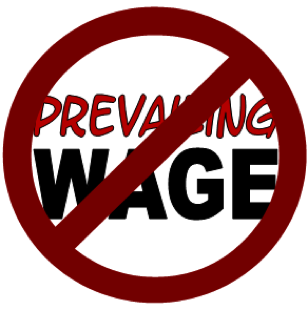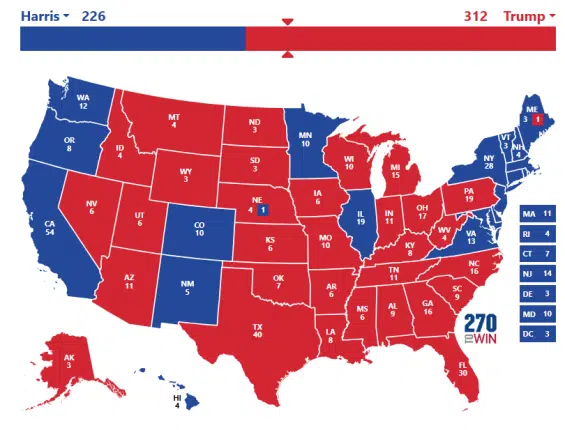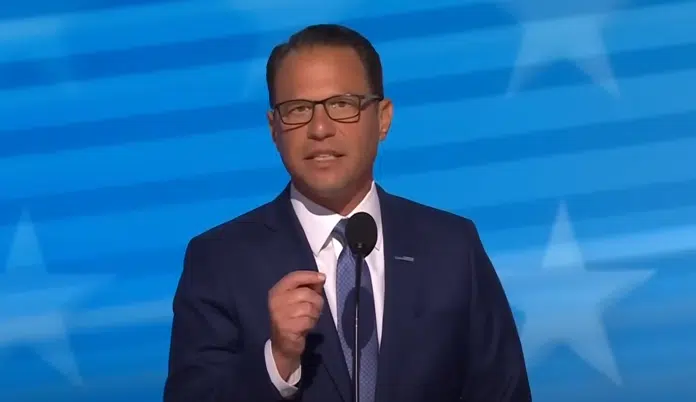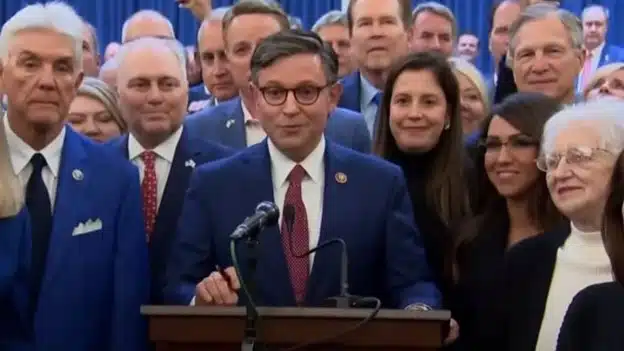Such much for cutting federal spending.
House Chairman of the Budget Committee Rep. Paul Ryan (R-Wisc.) joined with 35 House Republicans along with every Democrat who voted in defeating an amendment to an appropriations bill that would have repealed the 82-year old Davis-Bacon prevailing wages mandate for federal contractors.
The result? Less bang for the buck for taxpayers on federal projects. A 2011 study by Heritage Foundation Senior Policy Analyst in Labor Economics James Sherk found that repealing Davis-Bacon would save taxpayers $10.9 billion on federal construction projects a year.
Americans for Limited Government President Nathan Mehrens blasted the outcome.
“Prevailing wages demand that the U.S. Department of Labor set the cost for labor for federal government construction contractors rather than having the taxpayers get the benefit of competitive labor cost bidding,” Mehrens explained.
In a political climate where Republicans routinely rail against trillion-dollar annual deficits, cutting almost $11 billion from federal construction costs should have been easy.
But even if members had preferred that federal construction spending levels be kept the same, the change in law still could have meant almost 10 percent more construction occurring than otherwise would have.
Either way taxpayers would have won. But Ryan and his 35 House Republican colleagues disagreed.
Repealing Davis-Bacon has been thought to be an article of faith for Republicans, Mehrens noted. “The impact of Davis-Bacon on increasing the cost of government has been so extreme that the 2012 Republican National Committee’s official platform called for its repeal.”
But that did not stop Ryan, the party’s former vice-presidential nominee. When given the opportunity, he broke his own party’s promise to do away with these requirements that unnecessarily cost billions of additional tax dollars every year.
Ryan’s continued refusal to do away with Davis-Bacon — he passed on the opportunity in a similar vote in 2011 — is even more mysterious when one considers just how dramatically the political landscape has been transformed in Wisconsin. Particularly, since Republican Gov. Scott Walker assumed office there in 2011.
A hint to Ryan’s reluctance may come in the failure of Assembly Bill 233 in the Wisconsin Assembly in March 2012. That legislation would have carved out an exemption from the prevailing wage law for public works projects 85 percent privately funded.
Not an unreasonable proposal. But it went nowhere, dying in committee.
Considering some of Walker’s reforms that have passed, that may even be more mysterious. He has repealed collective bargaining for certain public sector workers, reasserting legislative sovereignty over budget matters — rather than requiring big labor’s assent to make any changes to pension and health care plans. Union dues being automatically taken out of public sector workers’ wages was also abolished.
In comparison, repealing prevailing wage laws or even limiting them is innocuous.
Yet, despite a public mandate to rein in public sector union excesses, even members of the Republican-controlled Wisconsin Assembly are not willing — yet — to take aim at prevailing wage laws.
Despite union membership nationwide reaching almost a 100-year low — only 11.3 percent of the workforce is unionized, the lowest since 1916 — prevailing wage law’s survival to date could mean that big labor is still a force to be reckoned with.
Perhaps Wisconsin Republicans will try again this year to limit the state’s prevailing wage laws.
In the meantime, nationally the issue leaves Republicans like Ryan with something of a political dilemma. How can they claim the mantle of fiscal responsibility if they are unwilling to fully take on one of the drivers of escalating government costs?
Moreover, what good is a Republican majority if it cannot even pass, let alone enact, some of its most important reforms?
It makes one wonder why the Republicans bother to create a party platform at all.
Robert Romano is the Senior Editor of Americans for Limited Government.







